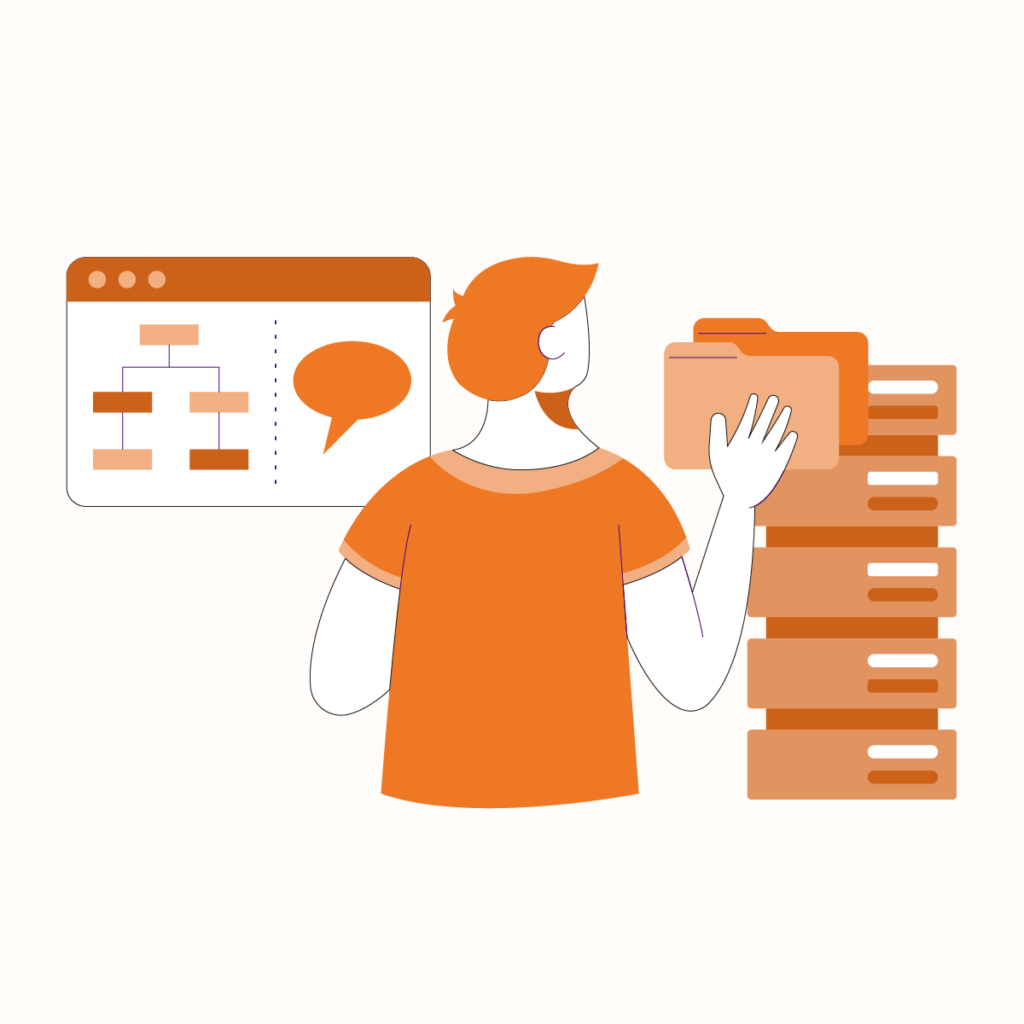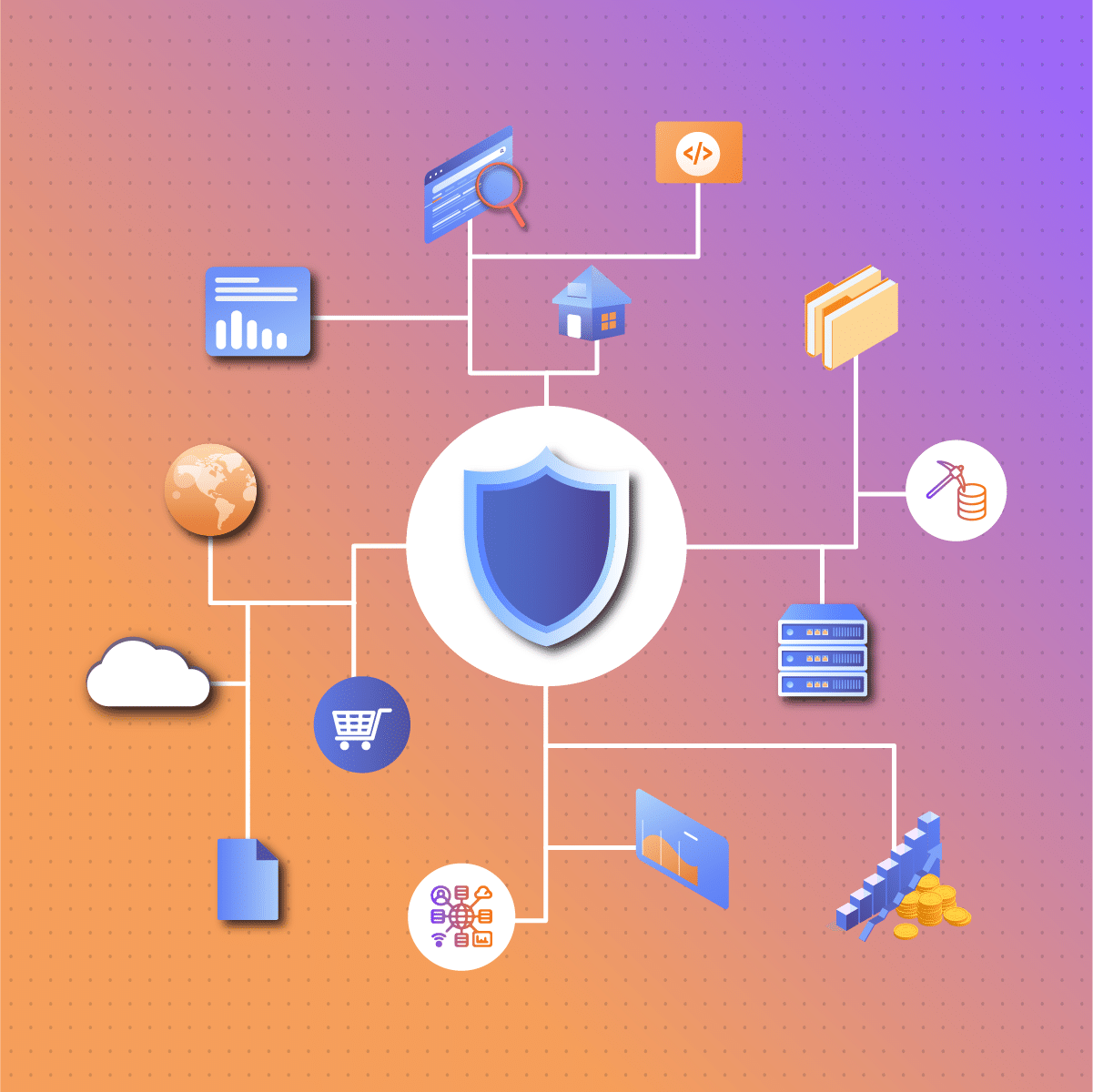The digital age has revolutionized the way companies collect and analyze data to make informed decisions. With the rise of advanced technologies, businesses have found new ways to leverage large volumes of data for greater insights into customer preferences and trends. One such technology is proxies for alternative data collection that provides a more holistic view of market conditions and consumer behavior.
In this blog, we’ll discuss how businesses can maximize the benefits of proxy technology and harness it for alternative data collection.
What are Proxies and Alternative Data Collection?
Proxies and alternative data collection methods are two important tools that businesses use to gather information about specific topics or areas of interest. Proxies are servers that allow users to access websites and online resources anonymously, without revealing their location or identity.
This can be extremely useful for businesses that want to gather information about competitors, examine market trends, or conduct research without attracting attention or arousing suspicion. Alternative data collection methods, on the other hand, involve gathering information from a variety of sources beyond traditional surveys or focus groups.
This might include social media analytics, web scraping, or other forms of data mining. By utilizing both proxies and alternative data sources, businesses can gain a comprehensive understanding of their market and make more informed decisions about their strategies and operations.
Benefits of Using Proxies for Alternative Data Collection
Proxies have become an integral part of alternative data collection. With web scraping becoming an important tool for businesses and academics alike, proxies have proved to be a valuable asset. Here are some benefits of using proxies for alternative data collection:
- Avoid IP Blocking: Proxies allow businesses and researchers to make multiple requests to servers from different IP addresses, preventing their original IP address from getting blocked due to too many requests. This ensures uninterrupted data collection.
- Maintain Anonymity: Proxies act as intermediaries between the client and server and hide the client’s true IP address, ensuring anonymity and security during data collection.
- Bypass Geographical Restrictions: Proxies can be used to access geo-restricted content that is not available in certain regions or countries. This is particularly useful for businesses that operate globally and require access to data from different locations.
- Prevent Data Leaks: Proxies can be set up to filter website content, preventing unwanted or harmful information from being received during data collection. This helps in protecting sensitive and confidential data.
- Improve Data Quality: With proxies, businesses and researchers can collect data at scale without worrying about reliability issues such as downtime and bandwidth limitations. This ensures high-quality and accurate data for analysis.
In conclusion, the use of proxies for alternative data collection has several benefits that can help businesses and researchers make informed decisions and gain a competitive edge in their respective fields.
How to Use Proxies for Alternative Data Collection
Understanding the Different Types of Proxies
In today’s data-driven world, extracting valuable insights from various sources has become a crucial aspect of decision-making. However, in some cases, traditional methods of data collection fail to deliver accurate results due to geographical restrictions or other limitations.
This is where proxies come into play as a powerful tool for alternative data collection. From residential proxies to datacenter proxies, there are different types of proxies available that cater to different needs and requirements.
Understanding these various kinds of proxies and their functionalities is essential to make informed decisions while selecting the most suitable one for your data collection needs. By utilizing proxies, individuals and businesses alike can gather valuable data from various sources without any limitations and achieve their desired outcomes.
Setting Up a Proxy Solution
As technology continues to advance, so do the methods for data collection. In today’s market, alternative data has become increasingly popular, offering unique insights and opportunities for investors and businesses alike. However, accessing this data can be a challenge.
That’s where proxies come in. By setting up a proxy solution, users can gather alternative data from a variety of sources without revealing their true identity, providing a safe and secure way to access the information they need. With proper guidance and implementation, using proxies for alternative data collection can be a valuable tool for any organization looking to stay ahead in the game.
Choosing the Right Platform to Collect Data
Selecting the correct data collection platform is crucial for an effective alternative data strategy that utilizes proxies. With so many options available, it is important to consider the specific needs and requirements of your organization.
Ideally, the platform should provide reliable and accurate data collection, while also having the flexibility to adjust to changing circumstances. Additionally, the platform should be user-friendly, reducing the learning curve for those who will be working with it.
By selecting the right platform, you will be better equipped to gather and analyze alternative data, ultimately leading to more informed decision-making and improved business outcomes.
Leveraging Advanced Technologies for Automated Collection
Advancements in technology have revolutionized the way we collect data. The use of proxies for alternative data collection has proven to be a reliable approach. By leveraging advanced technologies, it is now possible to automate the collection process.
Developing automated collection processes for proxies can streamline the collection of massive amounts of data in a faster and more efficient manner. The use of automated collection tools ensures that the proxy data collected is accurate, consistent, and reliable.
This approach allows businesses to access alternative data that can provide valuable insights into their industry, competitors, and customers, ultimately leading to better decision-making. With the adoption of advanced technologies, the automated collection of proxy data has become a game-changer in data collection and analysis.
In Conclusion
Businesses can benefit greatly from leveraging proxies and alternative data collection methods. Proxies allow companies to remain anonymous while collecting data from multiple sources, bypass geographical restrictions, prevent IP blocking, and improve overall data quality. Additionally, understanding the different types of proxies available and setting up a suitable proxy solution is essential for successful data collection.







